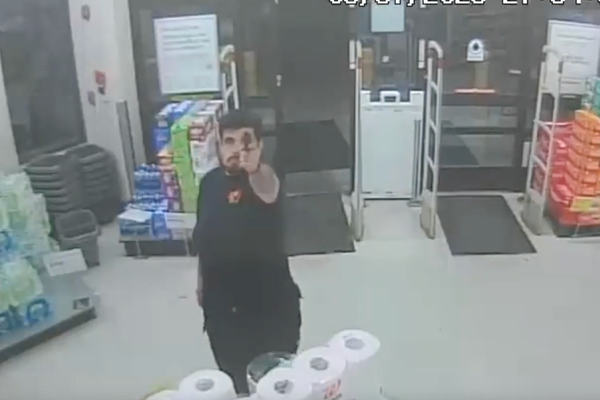
Health Secretary Steve Barclay has declined to discuss pay with the RCN
(Picture: PA Wire)The Health Secretary is “keen to have dialogue” with the nursing union, but did not directly respond to questions about whether he would accept its latest compromise of a 10 per cent pay rise.
Steve Barclay spoke with journalists during a visit to Watford General Hospital after the general secretary of the Royal College of Nursing (RCN), Pat Cullen, called on the Government to meet it “halfway” on wage negotiations.
The RCN is calling for a rise of 5 per cent above the rate of RPI inflation, which equated to a 19 per cent rise based on inflation figures for November 2022.
Thousands of nurses walked out on December 15 and 20, and RCN members are poised to strike again on January 18 and 19 unless negotiations are properly opened.
The planned action would involve nurses from more NHS employers in England than in the previous strikes, increasing from 44 to 55 trusts, according to the RCN.
Seven London NHS employers will be involved in January’s strikes: Hounslow and Richmond Community Healthcare NHS Trust. St George's University Hospitals NHS Foundation Trust, Kings College Hospital NHS Foundation Trust, Tavistock and Portman NHS Foundation Trust, University College London Hospitals NHS Foundation Trust and NHS South West London ICB.
Mr Barclay spoke with doctors at the hospital’s A&E department during a tour with journalists, before speaking with patients privately.
When asked about the RCN’s update on its pay request, Mr Barclay said he was looking forward to discussing a “more affordable” settlement.
He said: “I am keen to have dialogue with Pat Cullen and the RCN.
“I wrote to them last week looking at the coming year, at the pressures from inflation and the cost of living, how we could work together to make any settlement more affordable in terms of looking at what productivity opportunities there are, what efficiency opportunities there are.
“There is common ground in recognising the NHS is under pressure and we need to respond to that.
“I look forward to talking with the RCN and the other trade unions to see how we make any settlement done through the independent pay review body more affordable.”
Pressed again on whether 10 per cent would be an acceptable pay rise, Mr Barclay said: “The RCN actually turned down an offer in Scotland which was 7.5 per cent, and significantly more than 10 per cent if you looked at the other things within that package.”
The RCN has said that nurses’ pay has dropped by 20 per cent over the last decade.
The union has also warned that strike action could continue over the next six months unless an agreement can be reached.
The warning came as figures revealed that the number of ambulances waiting more than an hour to hand over patients to London A&Es has risen by nearly a third in a week amid unprecedented pressure on NHS emergency care.
The latest figures showed more than 1,800 ambulances in the capital faced a delay of over 60 minutes when handing over a patient to A&E in the week up to January 1. This is a rise of 29 per cent on the week before and comes as experts said the capital’s hospitals are facing their worst-ever winter crisis.
An RCN spokesperson said: “Like late last year, we will always meet the Health Secretary to discuss the issues. But negotiations about pay for the current year, not next year, are what we need to call off this month’s strike action.”







